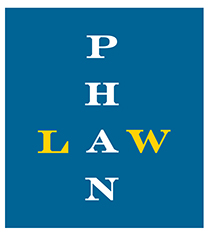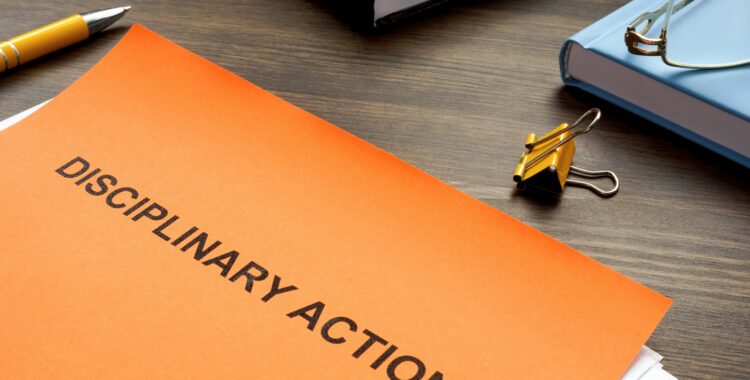The Consequences of Non-Compliance with a Texas Dental Board Disciplinary Order
Texas Dentist Loses Dental License for Completing Only 38.5 of the Required 39 Hours of Continuing Education Under a Disciplinary Board Order
A failure to comply with the terms and conditions of a disciplinary order subjects a licensee to a new complaint with severe consequences, including the possibility of permanently losing a license.
Board Disciplinary Orders Must be Followed
In a disciplinary case involving a Texas dentist, the Texas State Board of Dental Examiners (TSBDE) revoked the license of a dentist for failing to comply with the terms of a disciplinary order.
The dentist was ordered to complete 39 hours of continuing education hours in two years. The dentist was also ordered to complete 40 hours of community service in one year.
The TSBDE further required that any continuing education course contemplated by the dentist must first be approved by the TSBDE. If prior approval was not obtained, the course would not be recognized and not count toward satisfying the continuing education requirements.
The Consequences of Failing to Comply With a Disciplinary Order
The TSBDE, like most licensing boards, has staff monitoring licensees who are under a board order to ensure compliance. These individuals answer questions from licensees regarding the requirements of the order, keep records of educational courses taken, verify submitted paperwork related to the order, monitor licensees if required under the order, and perform periodic audits of licensees to determine if certain required terms and conditions have been met.
The TSBDE performed an audit. The audit revealed a failure to complete the required number of continuing education hours by the deadline. At the deadline, only 38.5 hours had been completed.
At a hearing before the State Office of Administrative Hearings (SOAH), the Administrative Law Judge (ALJ) found this to be true. The fact that the dentist completed a course and attained the needed hours one month after the deadline did not matter.
The dentist also failed to perform community service altogether although the dentist argued that community service had been done by cleaning a portion of a highway for the last two years.
The ALJ concluded that the community service had not been performed because it was unrelated to the practice of dentistry as was required by the order. The dentist had failed to seek and obtain the approval of the TSBDE for the particular type of community service claimed.
Adding to the problems for the dentist was the dentist’s behavior. The dentist did not act proactively, but reactively as it related to informing and apprising the TSBDE regarding satisfaction of the requirements along the way. The dentist had failed to report to the TSBDE each course as it was completed and furnish proof of completion as required by the order. The dentist provided proof only upon receipt of a non-compliance letter sent from the TSBDE.
The dentist’s license was revoked by the TSBDE.
The Bottom Line
The lesson in this case–and an area in which the firm spends considerable time counseling its professional clients–is that one must strictly comply with the conditions, requirements and terms of any disciplinary action outlined in a board order.
Should a licensee encounter a situation or if circumstances arise that make it difficult or impossible to fulfill a requirement under the order, he or she should immediately contact the licensing board to alert them of the difficulties and to seek, if necessary, modification of the order or an extension of time for completing the requirements.
These steps can and should be performed by an attorney specializing in this area of practice, an administrative law attorney who specializes in professional license defense.
In the end, the ALJ left some parting insight, noting that a mitigating factor that might have saved the dentist’s license was “some attempt to communicate with the Board about [the dentist’s] difficulty in complying with the Order . . ..” Absent this showing, the dentist’s license was revoked.










